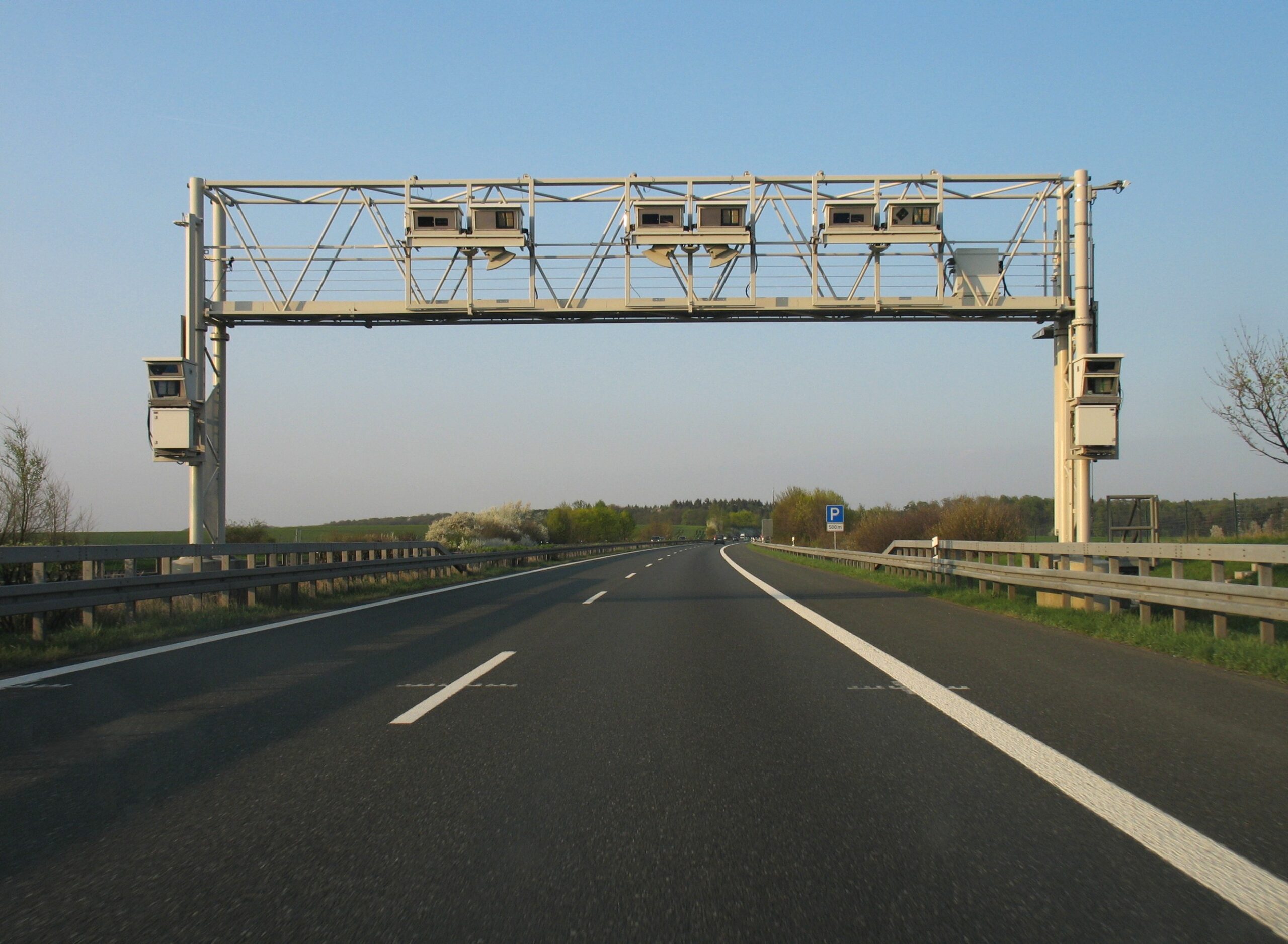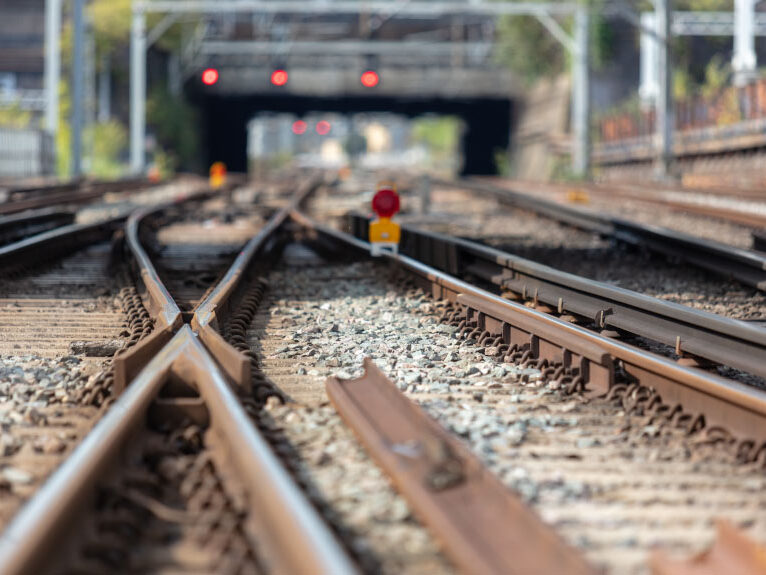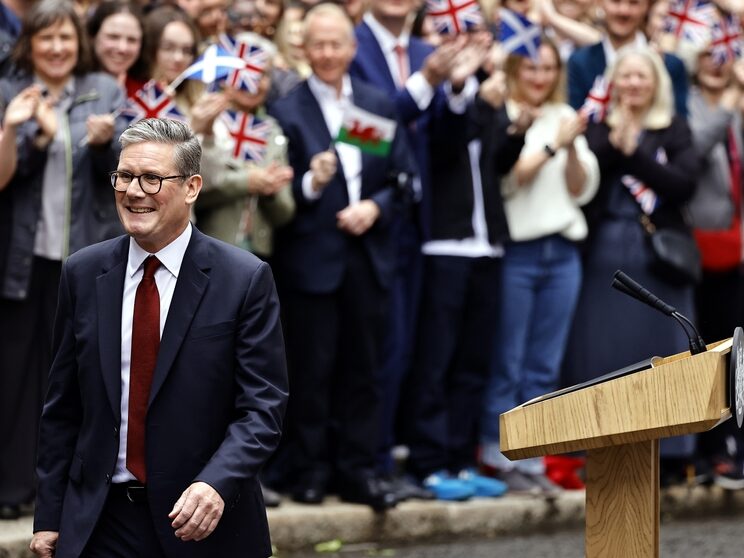The Network of European Railways (Netzwerk Europäischer Eisenbahnen e.V. – NEE) has taken the unusual step to write an urgent letter to the chairs of the CDU/CSU and SPD parliamentary groups in the German government to prevent a significant subsidy for lorries.
The item in question is due to be discussed in the German parliament today.
The NEE claims that an alteration to the German Federal Highway Act (Bundesfernstrassengesetz) with which cycle paths and bridges were to be supported, has been used in order to get a significant lorry subsidy through parliament that must be stopped.
Specifically, there has been a request to halt the HGV toll for gas-powered lorries until 2023. NEE says this will lead to an annual subsidy per lorry, depending on mileage, of 40,000 to 70,000 euros. This would lead to a loss of earnings for the federal government to the tune of 845 million euros (780 million from the HGV toll, 65 million from energy tax losses). Overall, the measure would mean taxpayers would be subsidising every lorry to the tune of 140,000 euros by 2023.
More than that, it would cause a drop in turnover for all rail freight operations because of a shift back to road from rail. Shifting freight to rail would become even more difficult because of the indirect pressure on prices from road freight. This would massively damage the competitiveness of rail. Rail freight undertakings wouldn’t be able to compete with gas lorries. Any successes towards shifting freight from road to rail in recent years would be undone, even though combined transport alone is saving more than three million tons of carbon dioxide emissions per year.
Ludolf Kerkeling, Chairperson, and Peter Westenberger, Director, NEE, said:Depending on the origin of the fossil gas used, there are no, only small or even negative carbon dioxide effects compared to diesel power so that a financial effort, paired with a lacking protective effect on the climate would make this support a grotesquely poor investment.
These measures neither fit in with the government's climate goals, not the budgetary challenges resulting from the coronavirus crisis, nor with the aims of shifting transport.
The National European Railways said they were ‘alarmed’ and were requesting this alteration they say was ‘smuggled’ on to the agenda to be scrapped.
About the HGV Toll
Implemented in 2005, lorries (now) weighing more than 7.5 tonnes using the German Autobahn network have to pay a fee, depending on the pollution class of the vehicle, its weight and its number of axles. On average a lorry will pay 0.15 euros per kilometre.
The toll incentivises operators to invest in less-polluting vehicles and to avoid empty runs. According to 2007 figures from the UK Commission for Integrated Transport, the measure also led to a 6 percent shift to rail from road.
About the Network of European Railways
The NEE has more than 65 members and lobbies for fair competition on rail. Members include Captrain Deutschland, Crossrail Benelux, ELL European Locomotive Leasing Germany, Hector Rail, Lineas Deutschland, Lotos Kolej, Rail Cargo Carrier Germany, Railpool and SBB Cargo International.
Also read:
- Rail Industry Publishes Charter to Fight the Coronavirus Pandemic
- Rail Associations Sign Digital Automatic Coupling Charter
- Germany to Cut VAT on Long-Distance Rail Journeys
- Rail Industry Providing Stability During Coronavirus Pandemic





















